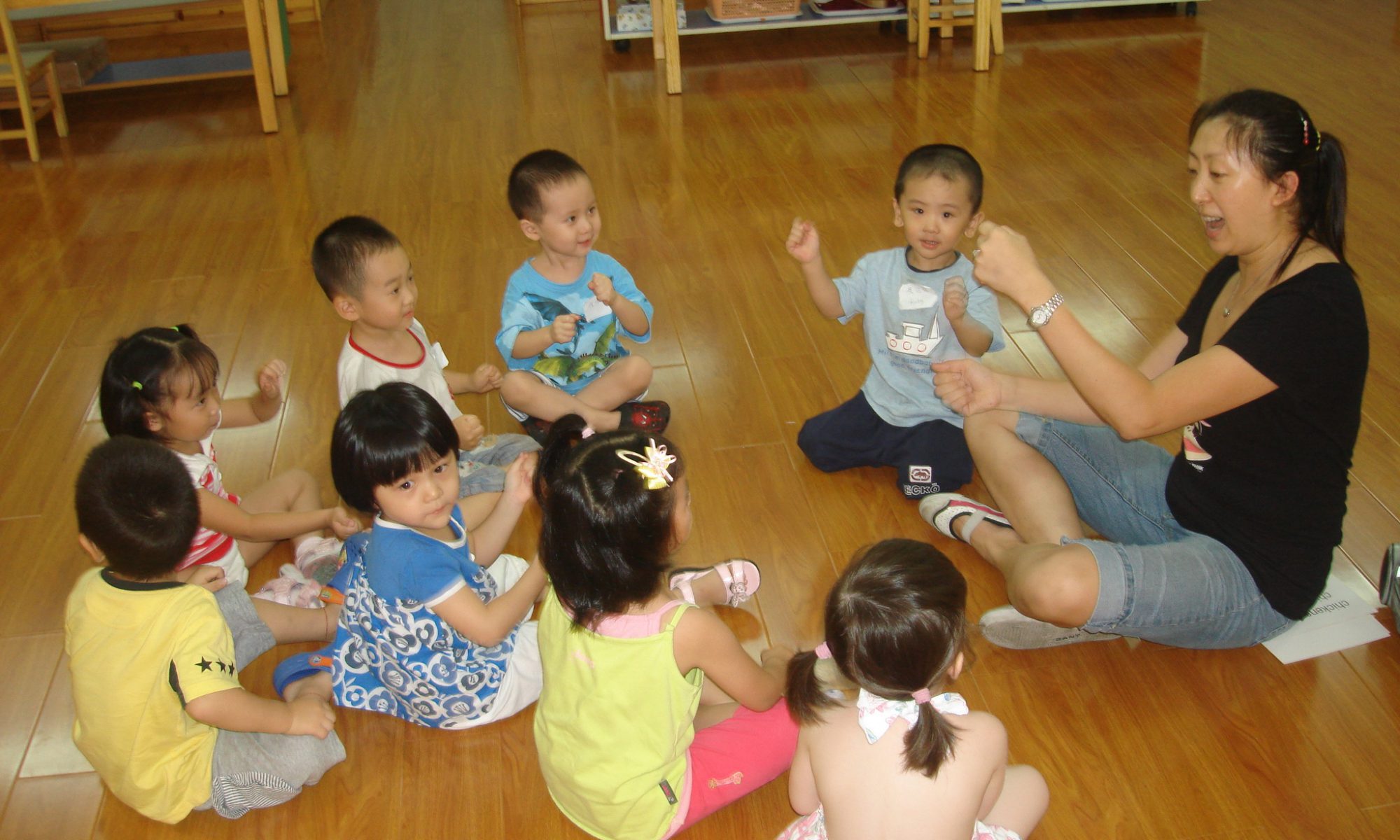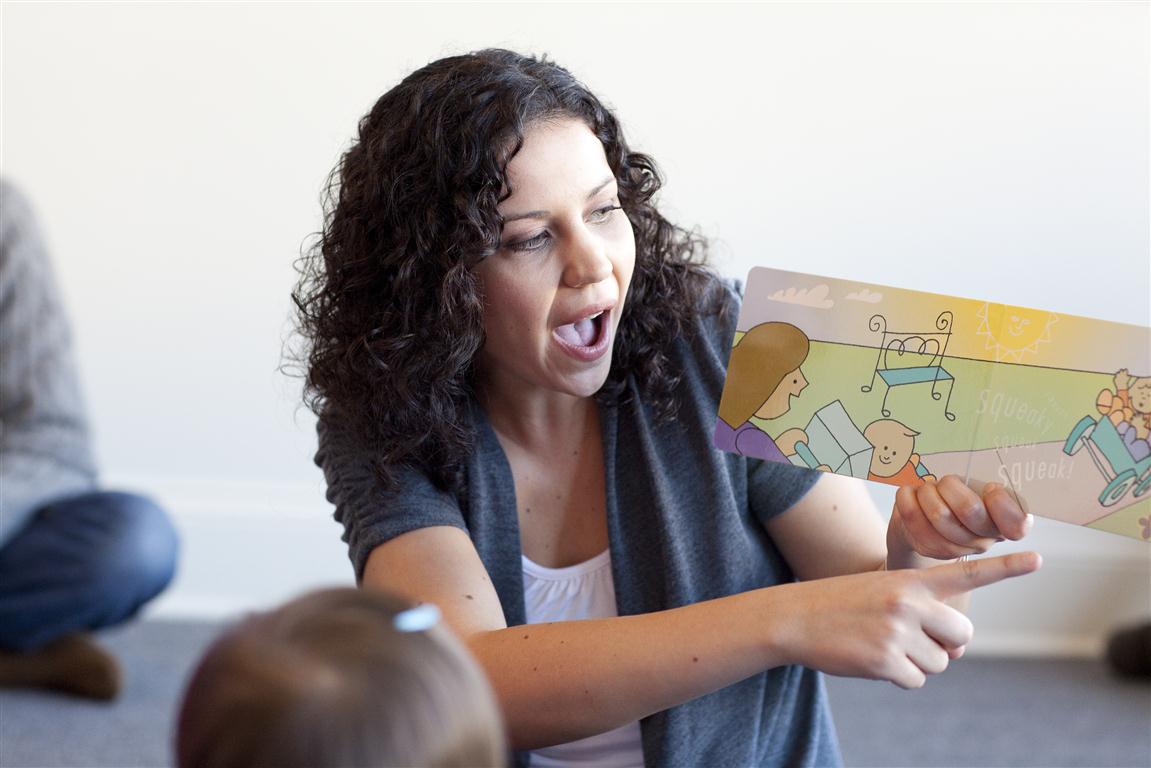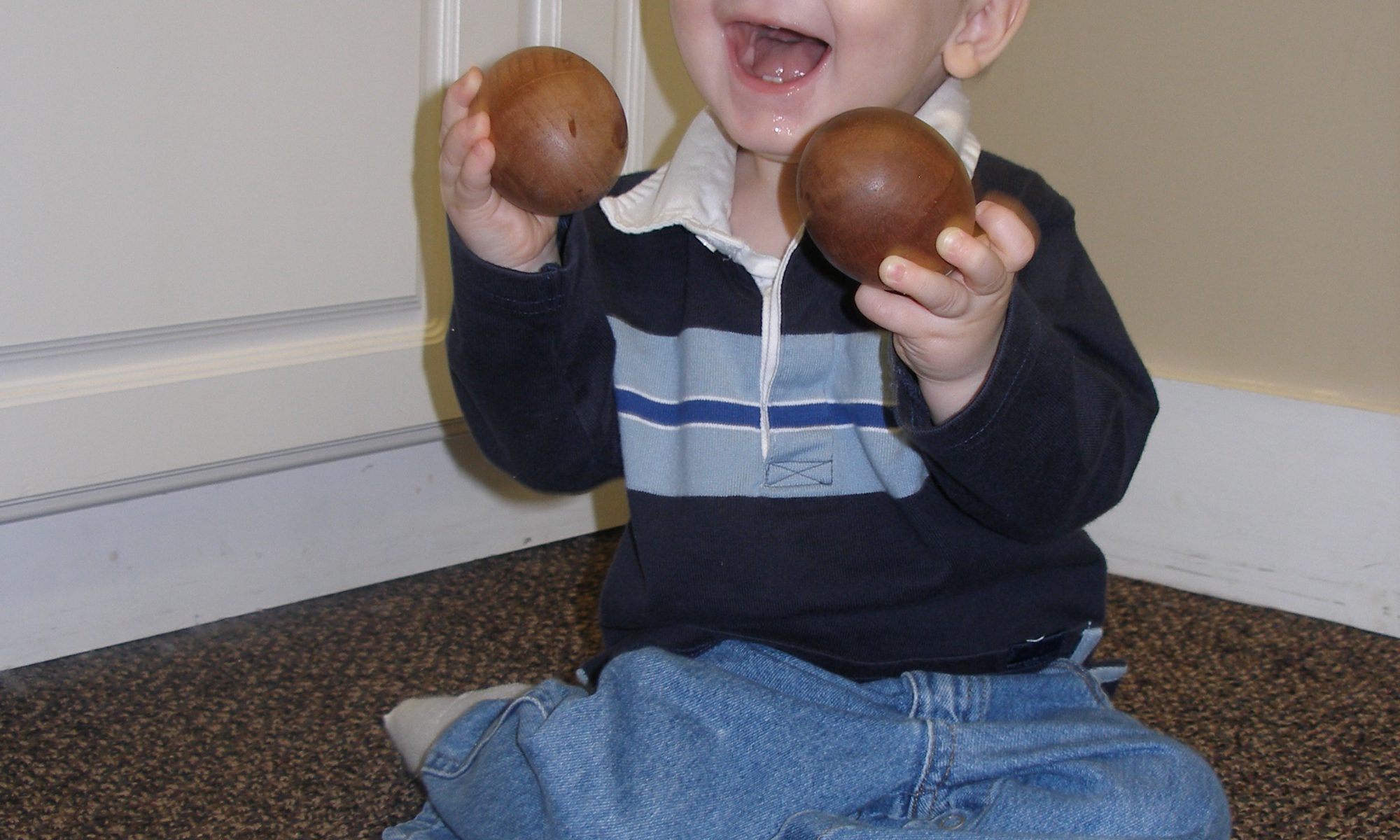 One day, your child may want to participate in a team sport or play in a band. Kindermusik will provide him or her with the unique opportunity to develop and practice the skills that are required to perform in an ensemble, skills like distinguishing between sounds, listening for the appropriate entrance, timing the participation, accomplishing the steady-beat play with an outside source, and playing with others.
One day, your child may want to participate in a team sport or play in a band. Kindermusik will provide him or her with the unique opportunity to develop and practice the skills that are required to perform in an ensemble, skills like distinguishing between sounds, listening for the appropriate entrance, timing the participation, accomplishing the steady-beat play with an outside source, and playing with others.
Ideas for parents:
Even the youngest children can experience ensemble, whether it’s in Kindermusik Village or it’s just the two of you at home tapping on the pots and pans. You might even enjoy putting together a Family Jam, a time when the whole family grabs something to tap, shake, or jingle as you all play-along to a recording or a song you’re singing.
– Contributed by Theresa Case, whose Greenville, SC program, Kindermusik at Piano Central Studios, is proudly among the top 1% of Kindermusik programs worldwide.















